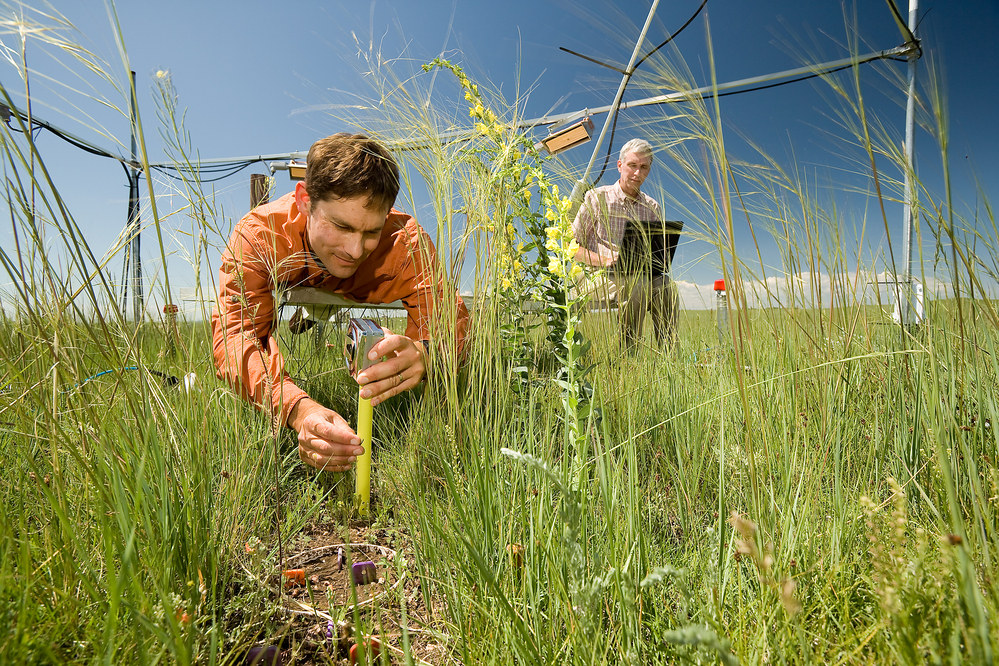 Ecological approaches to weed management need to incorporate an understanding of weeds. In order to live and deal with weeds more productively, effectively and harmoniously, we need to begin an exchange of ideas with weeds. An information exchange with weeds will give us an understanding of their biology, ecology and what they are doing where they are found. For instance weeds can be an indicator species telling us about soil conditions.
Ecological approaches to weed management need to incorporate an understanding of weeds. In order to live and deal with weeds more productively, effectively and harmoniously, we need to begin an exchange of ideas with weeds. An information exchange with weeds will give us an understanding of their biology, ecology and what they are doing where they are found. For instance weeds can be an indicator species telling us about soil conditions.